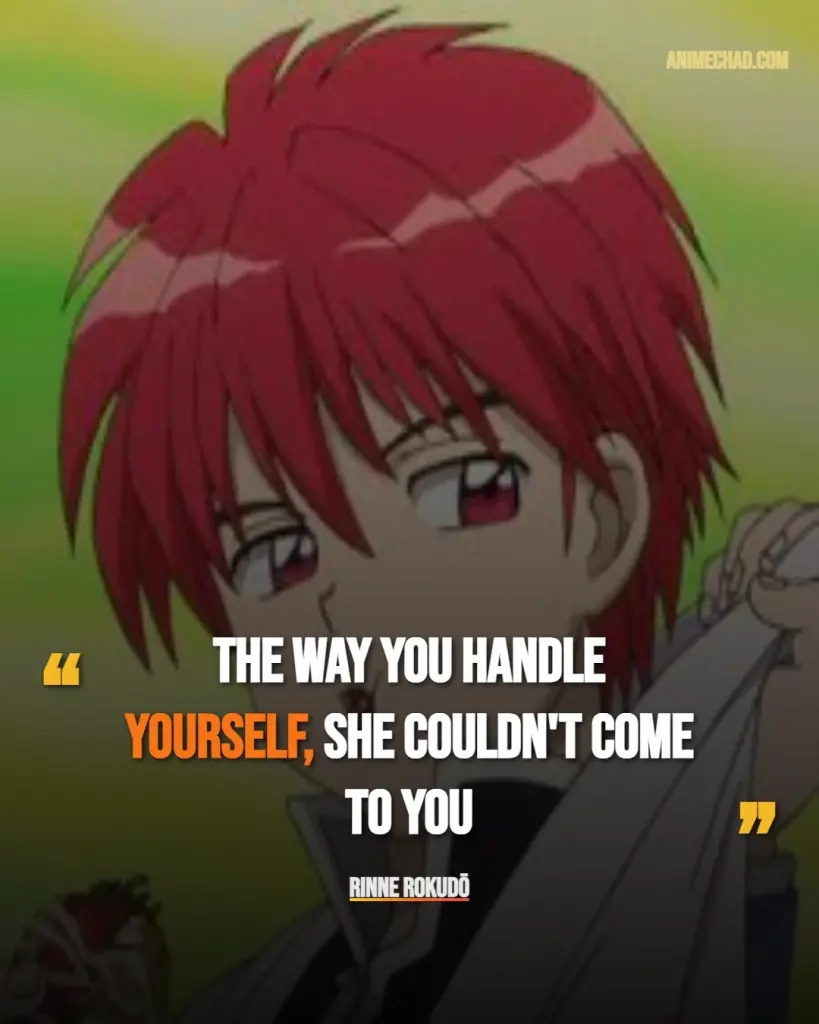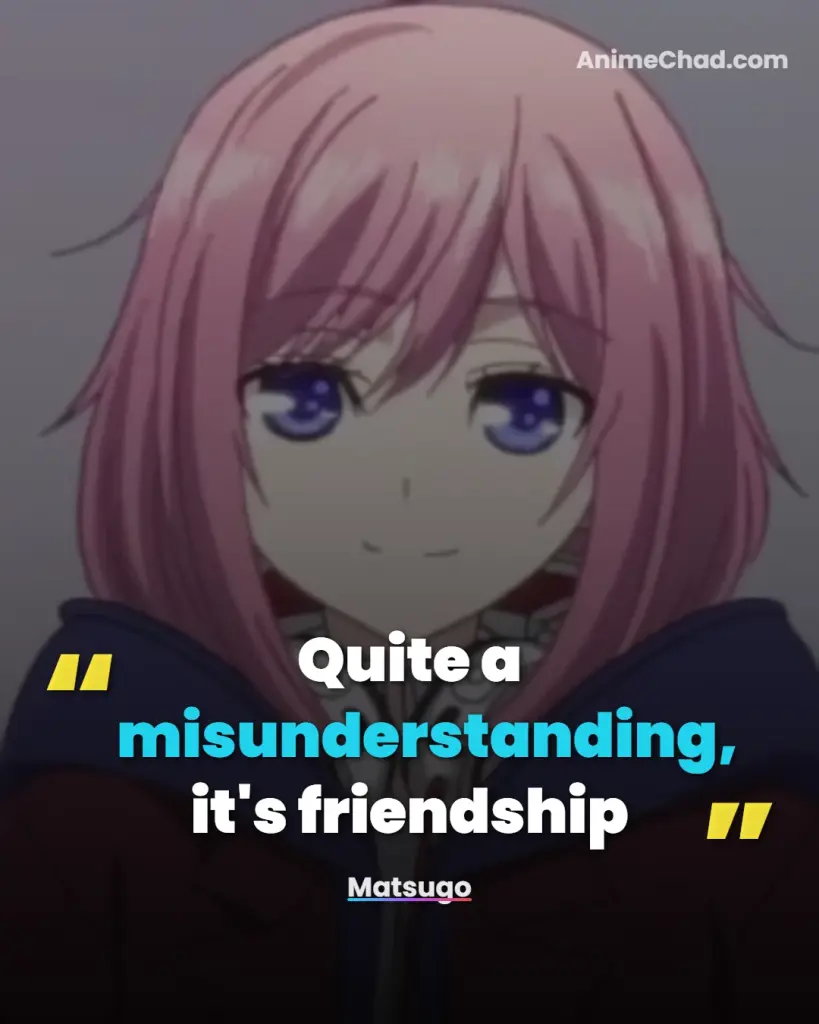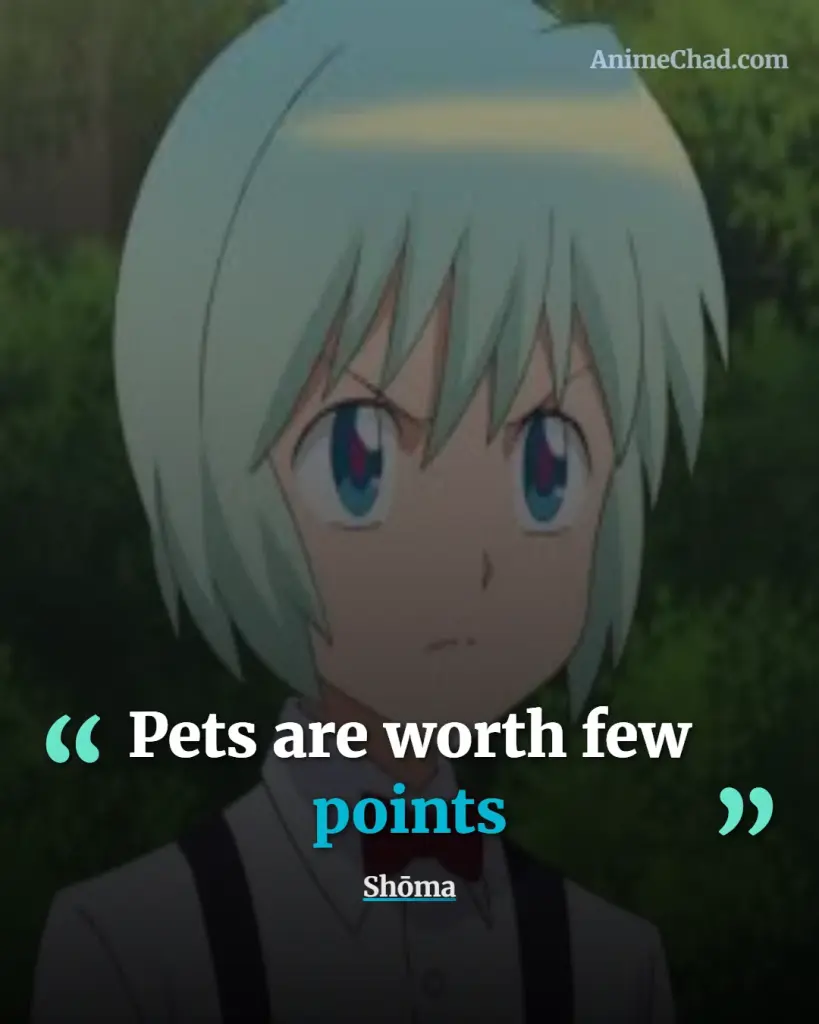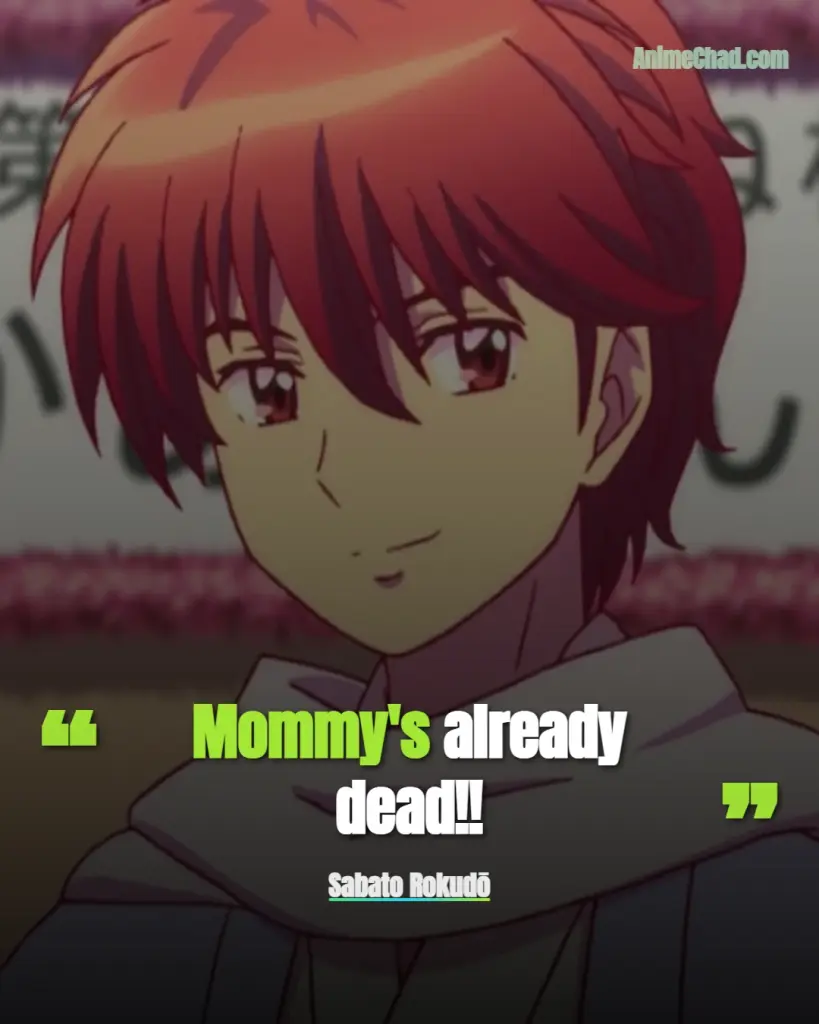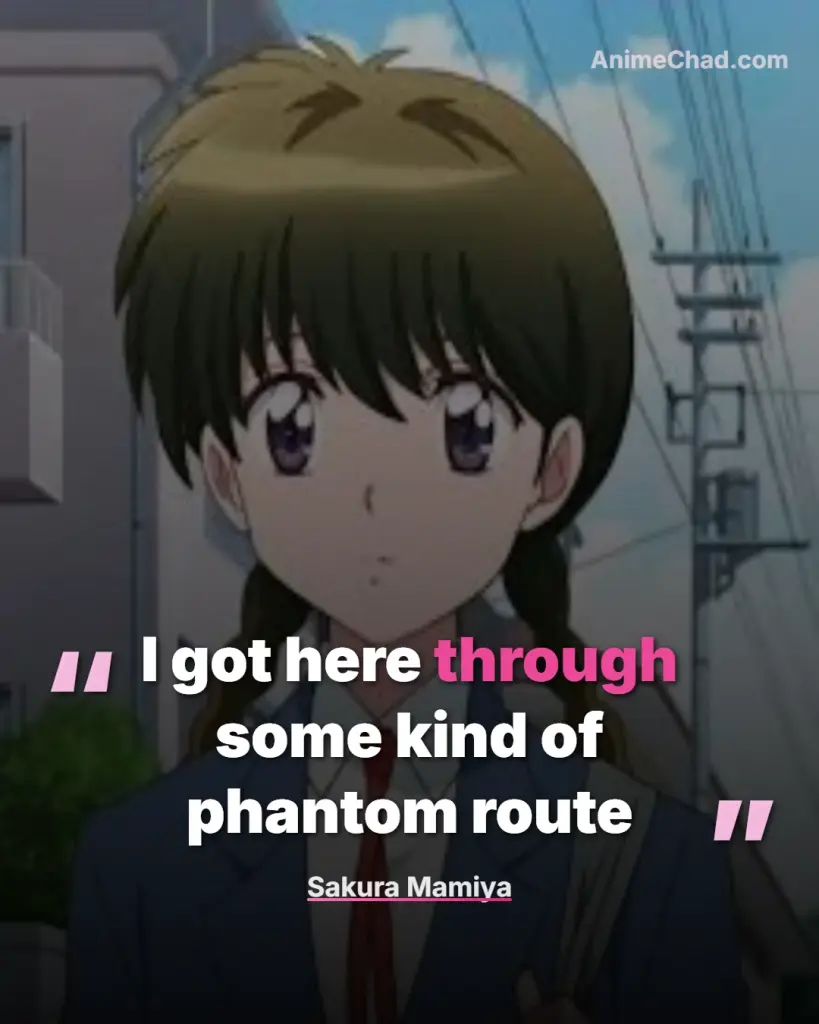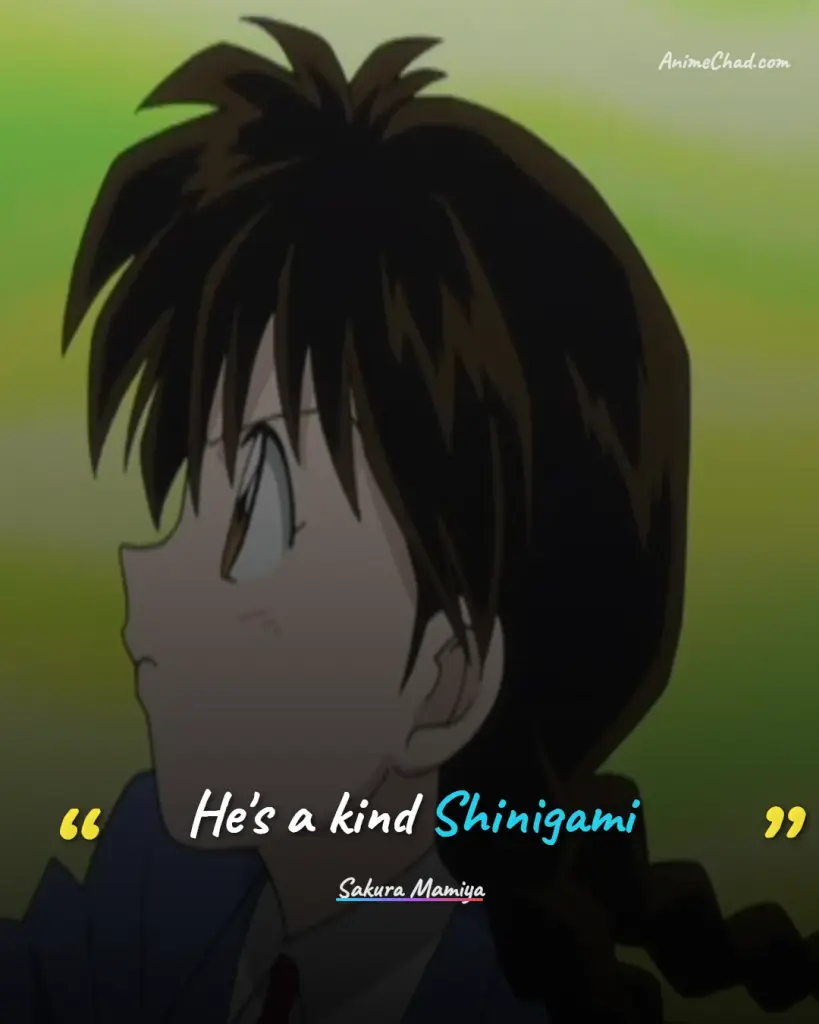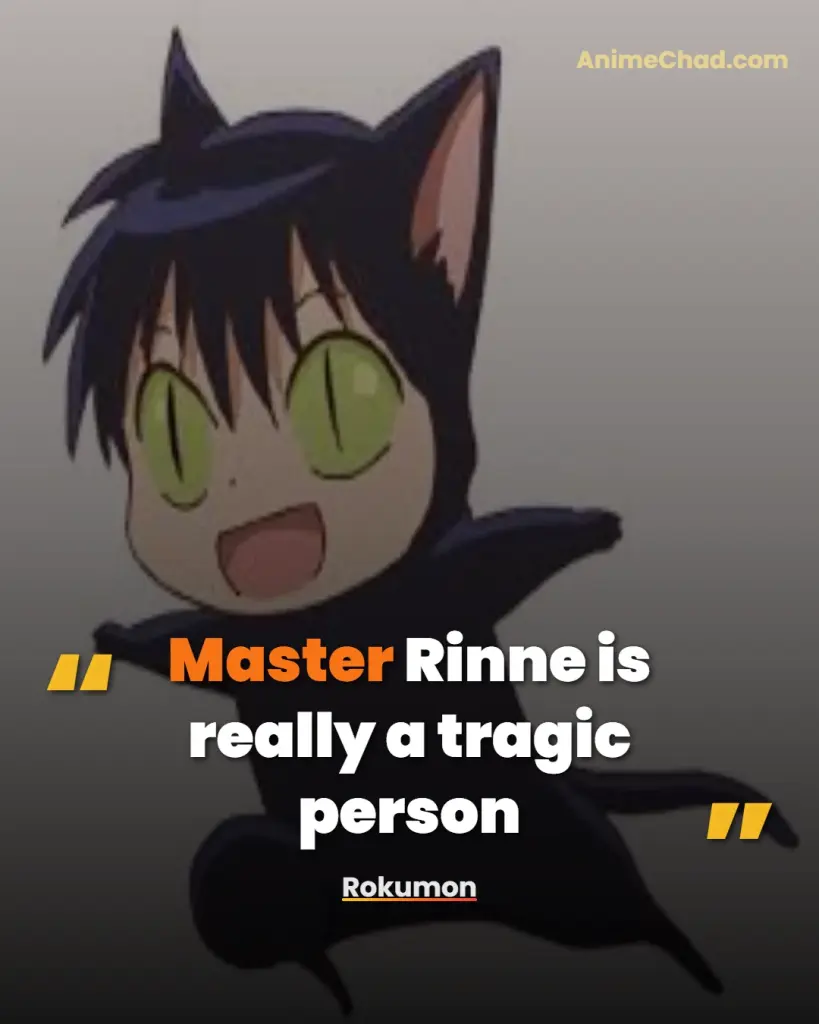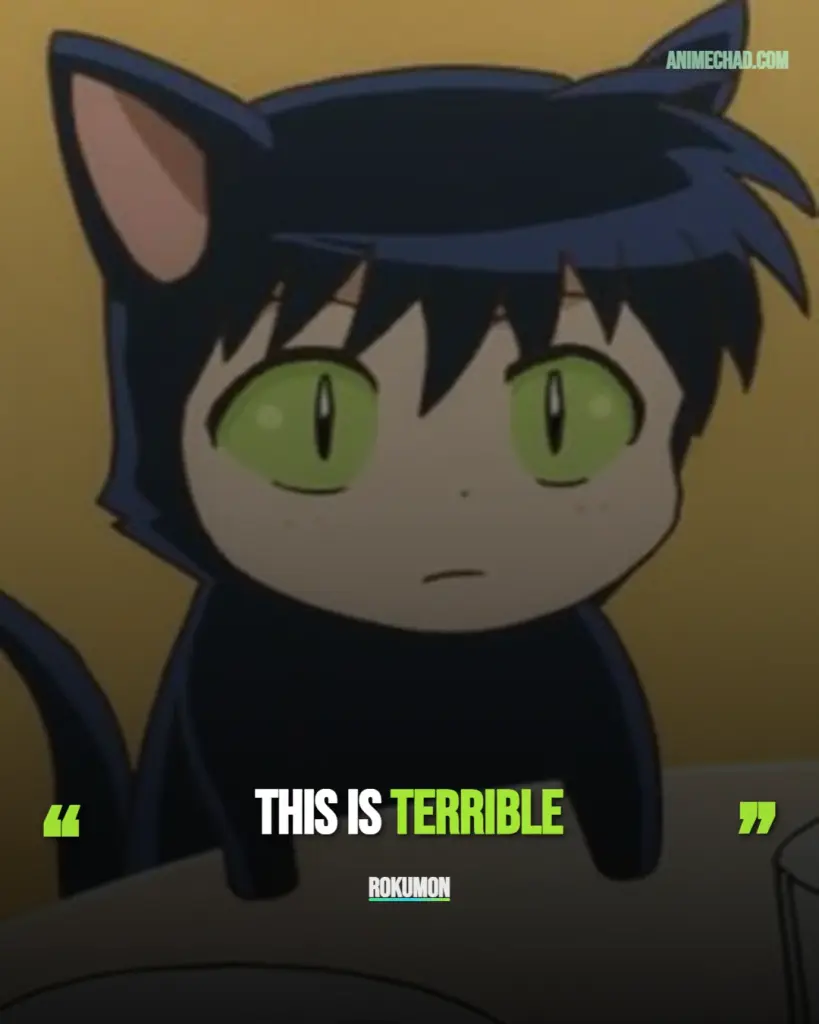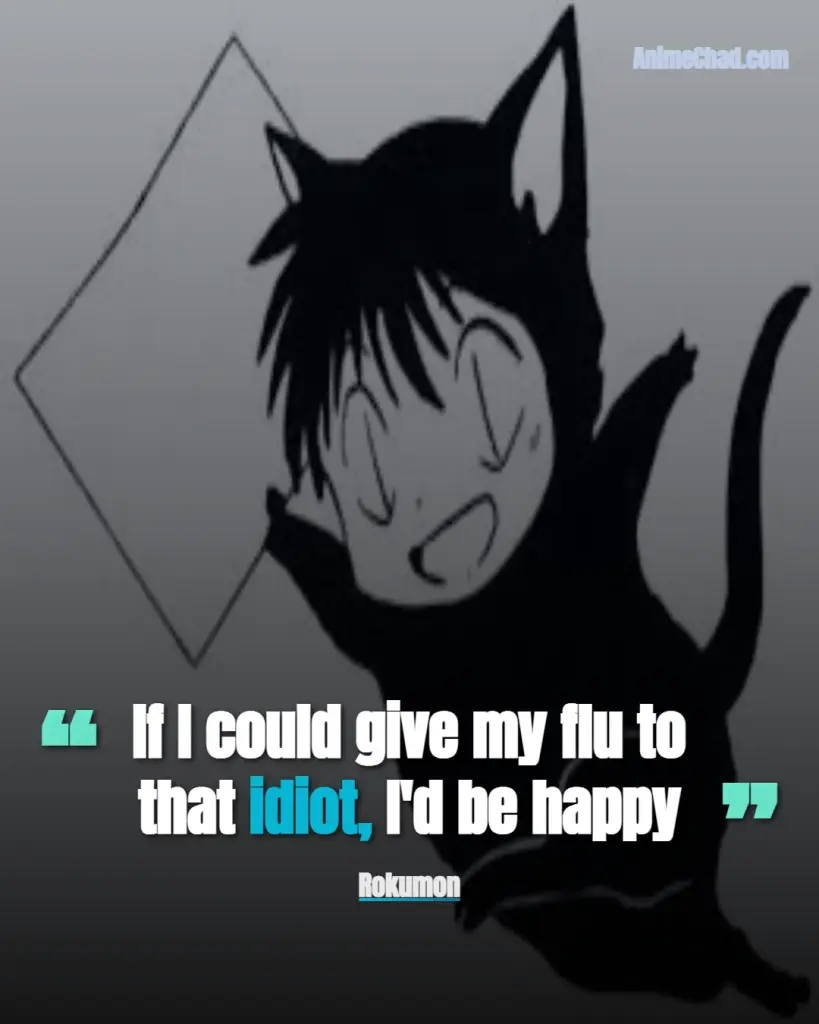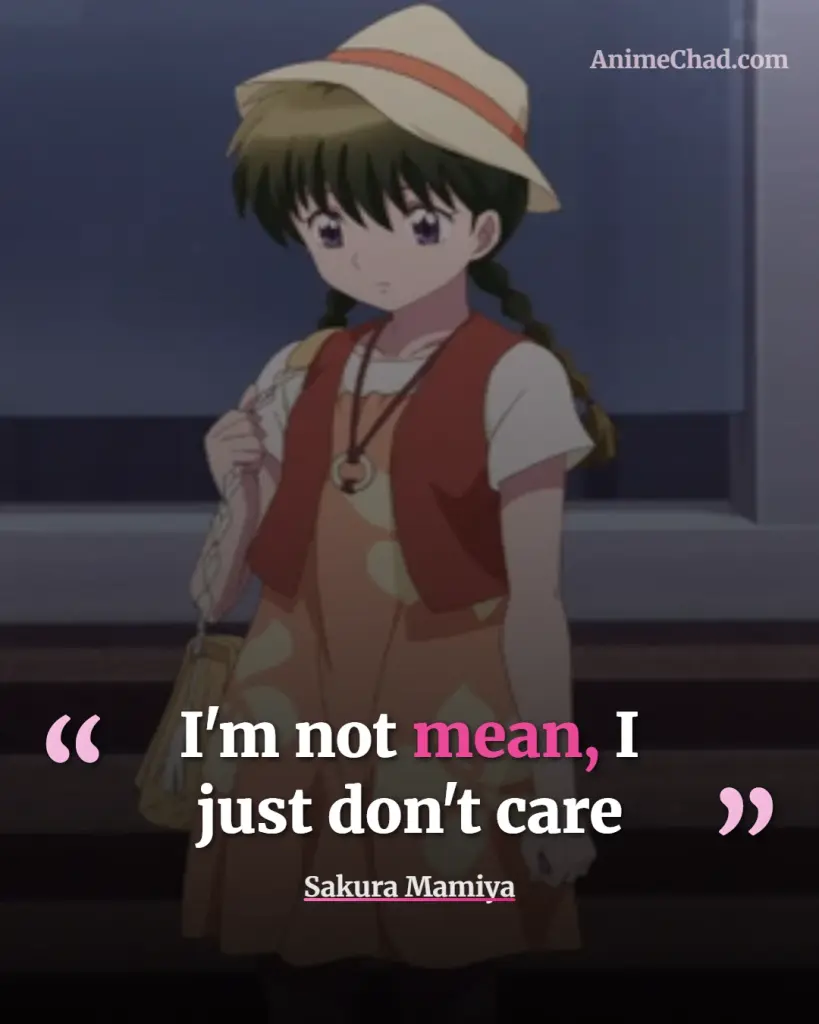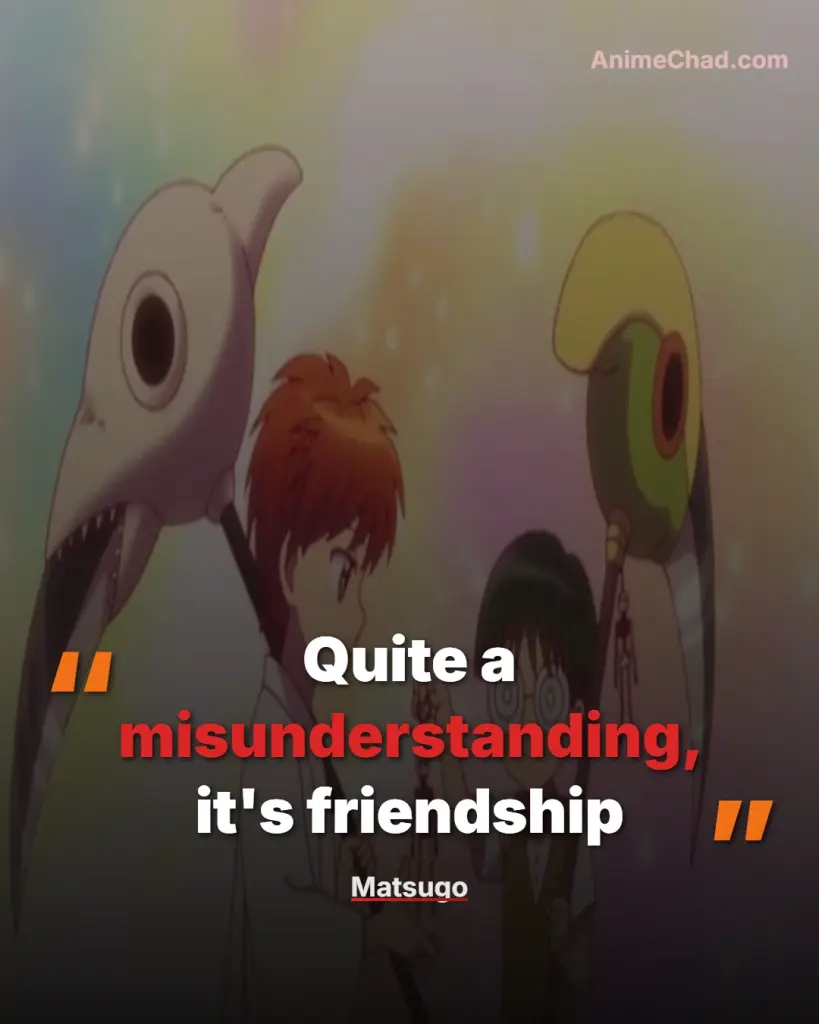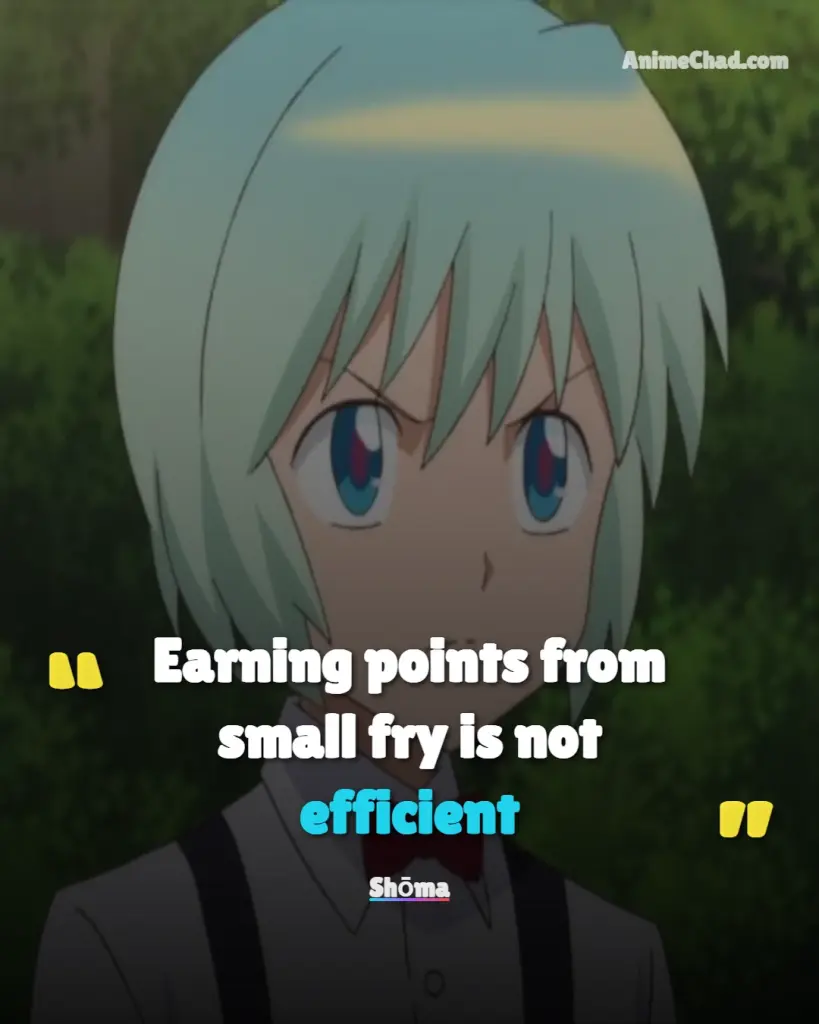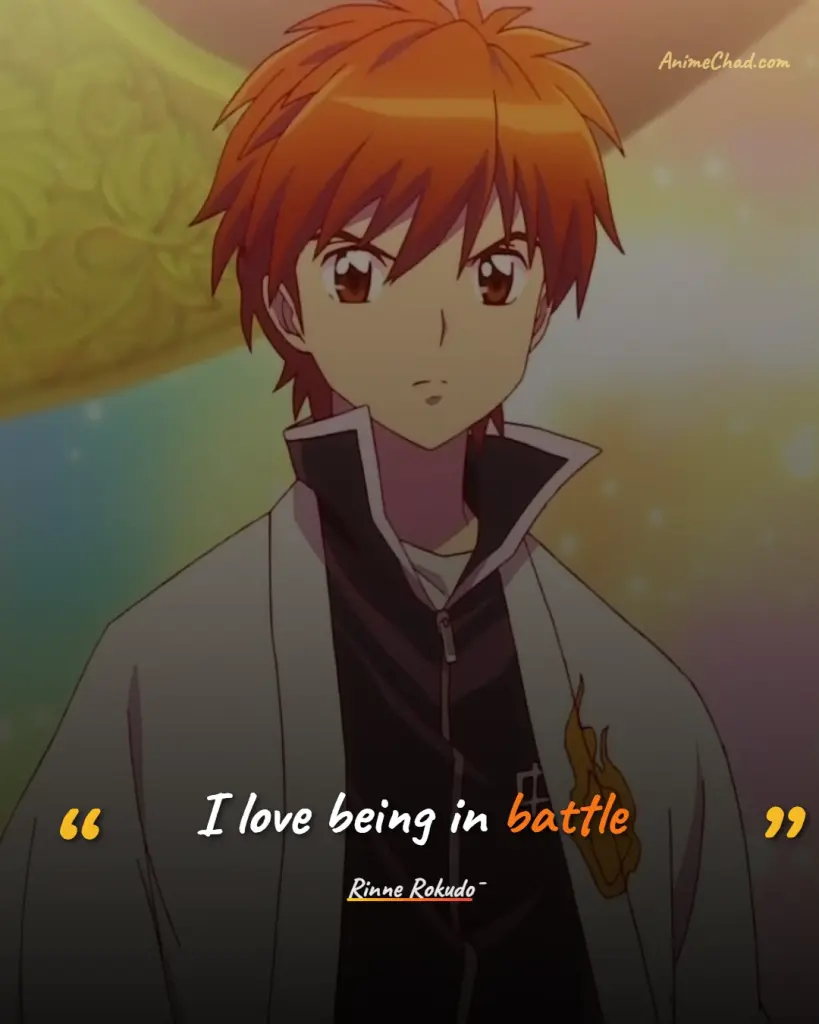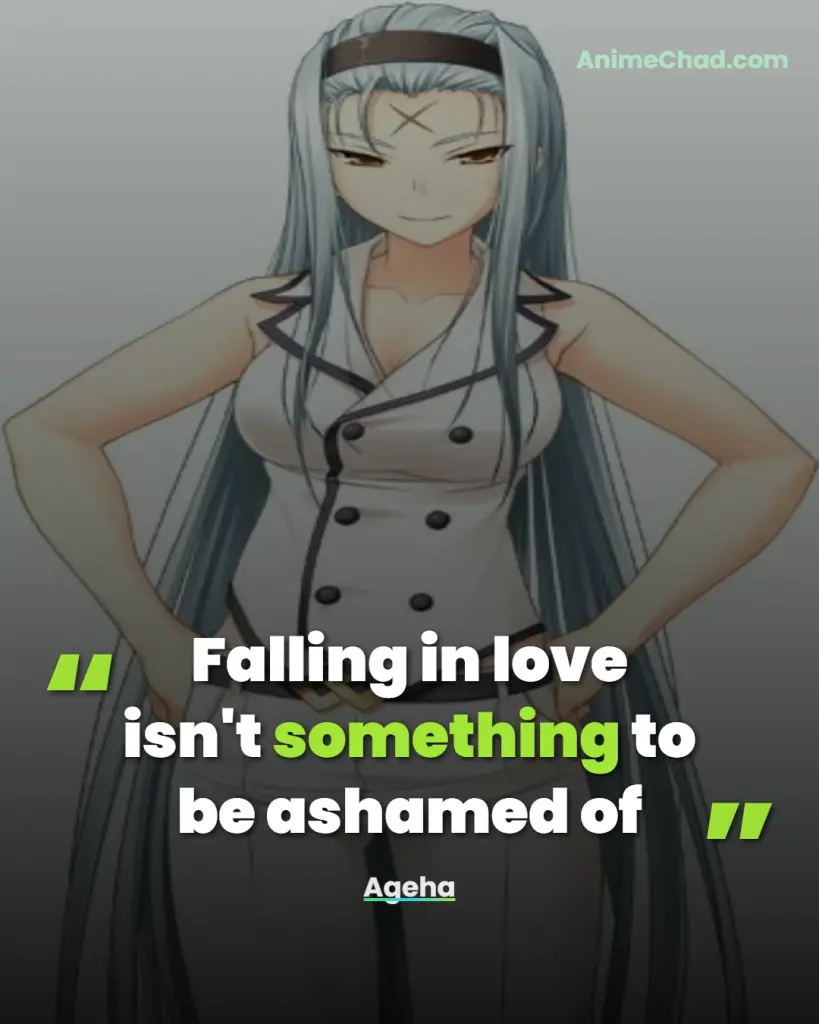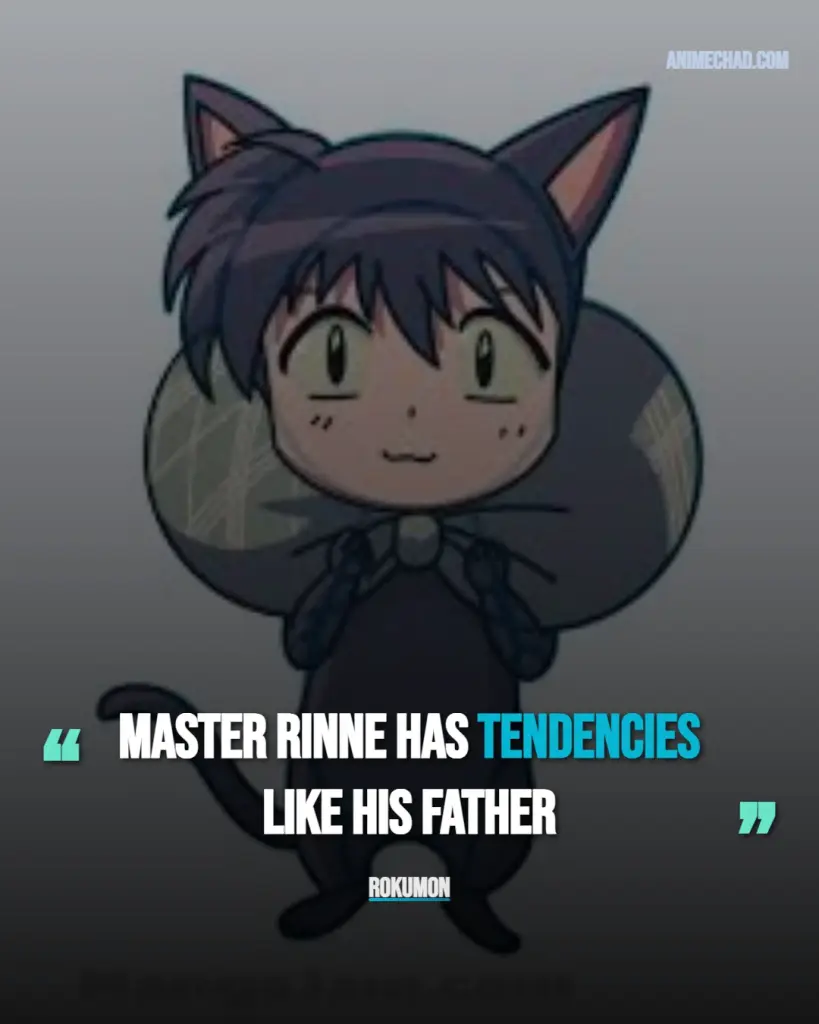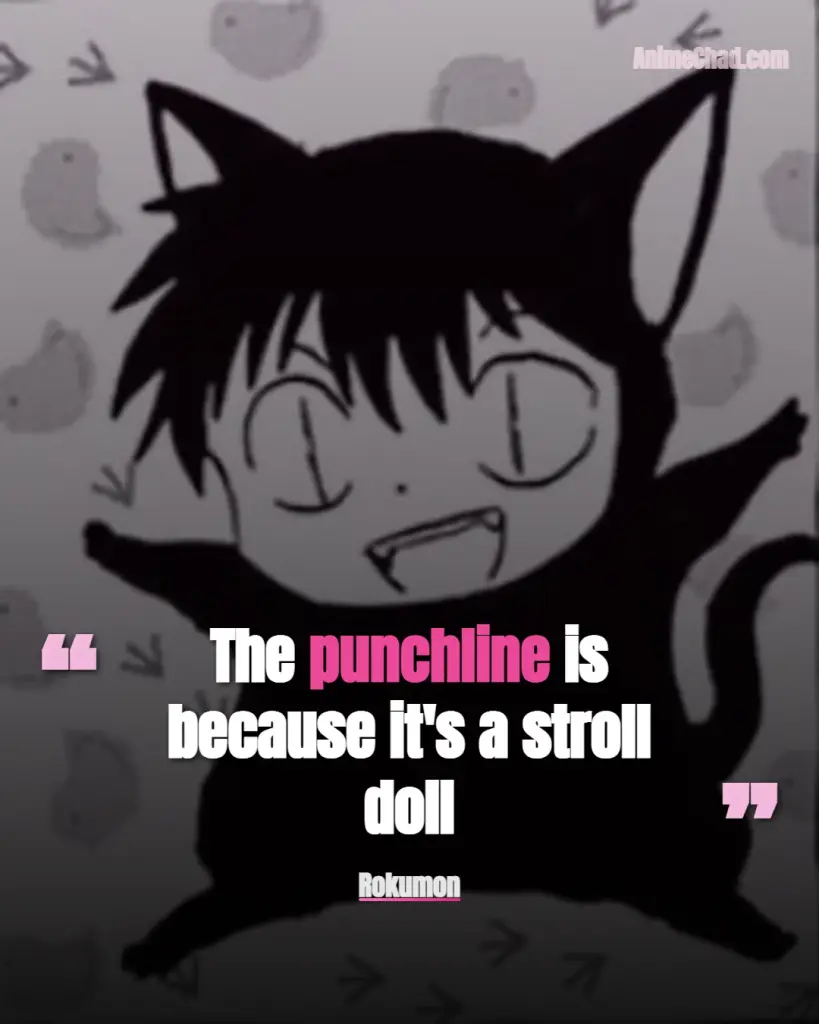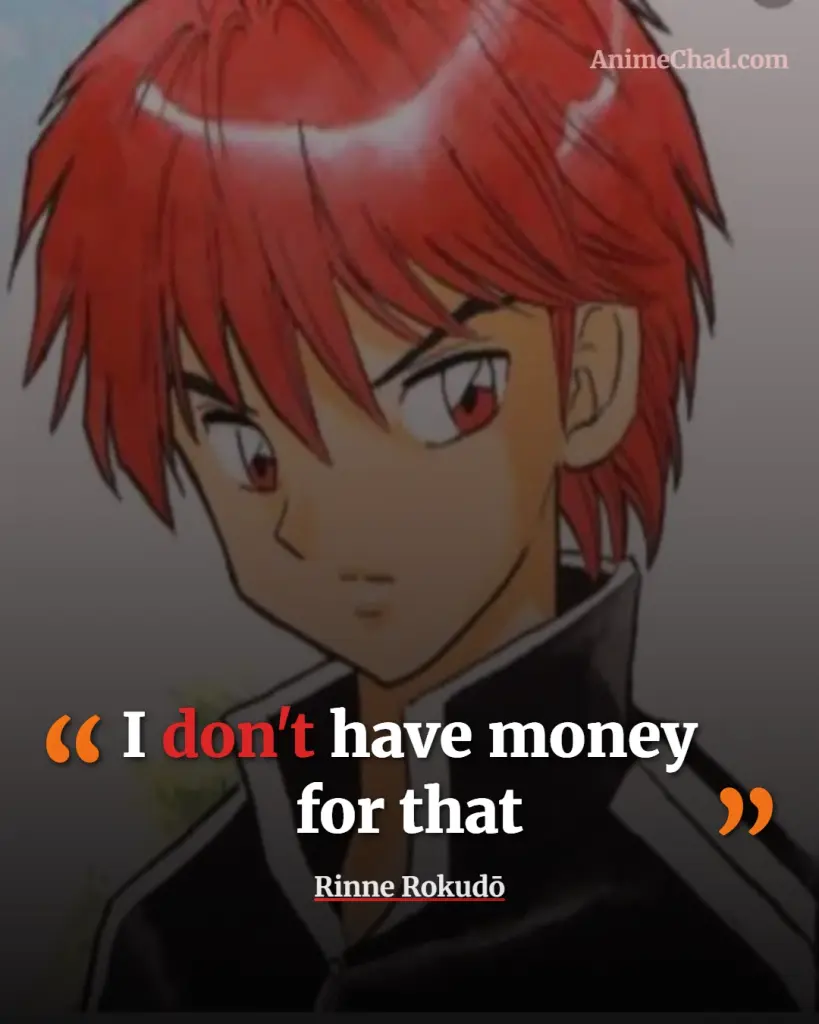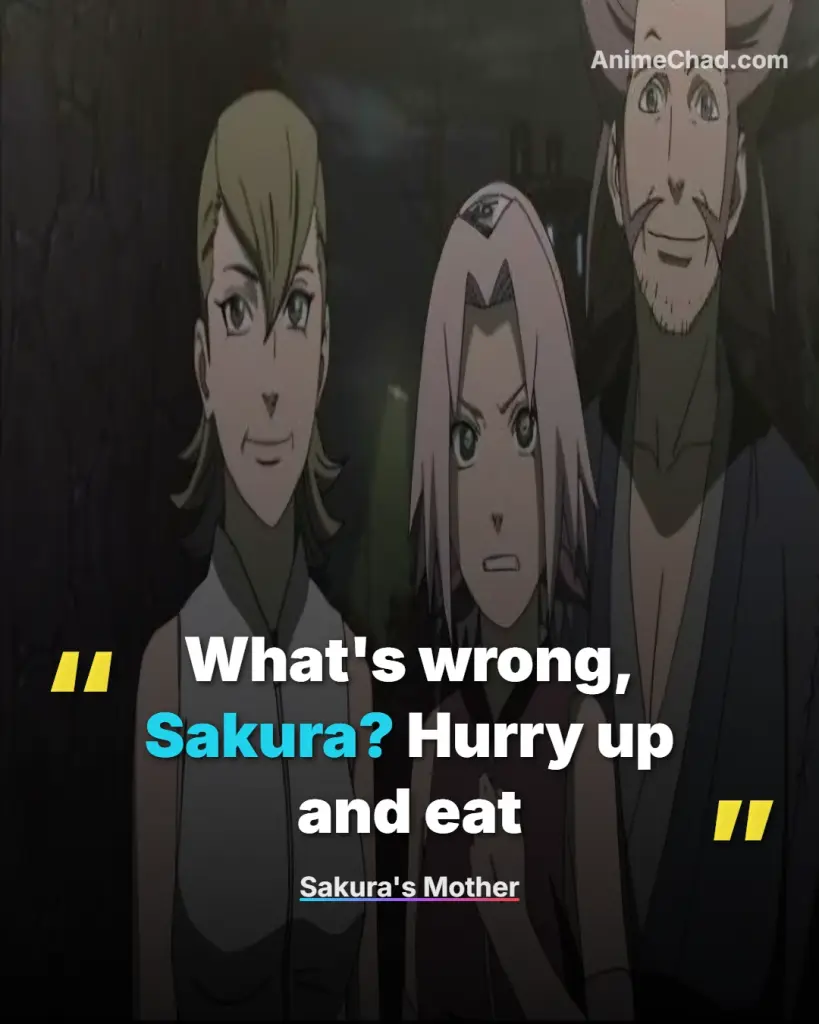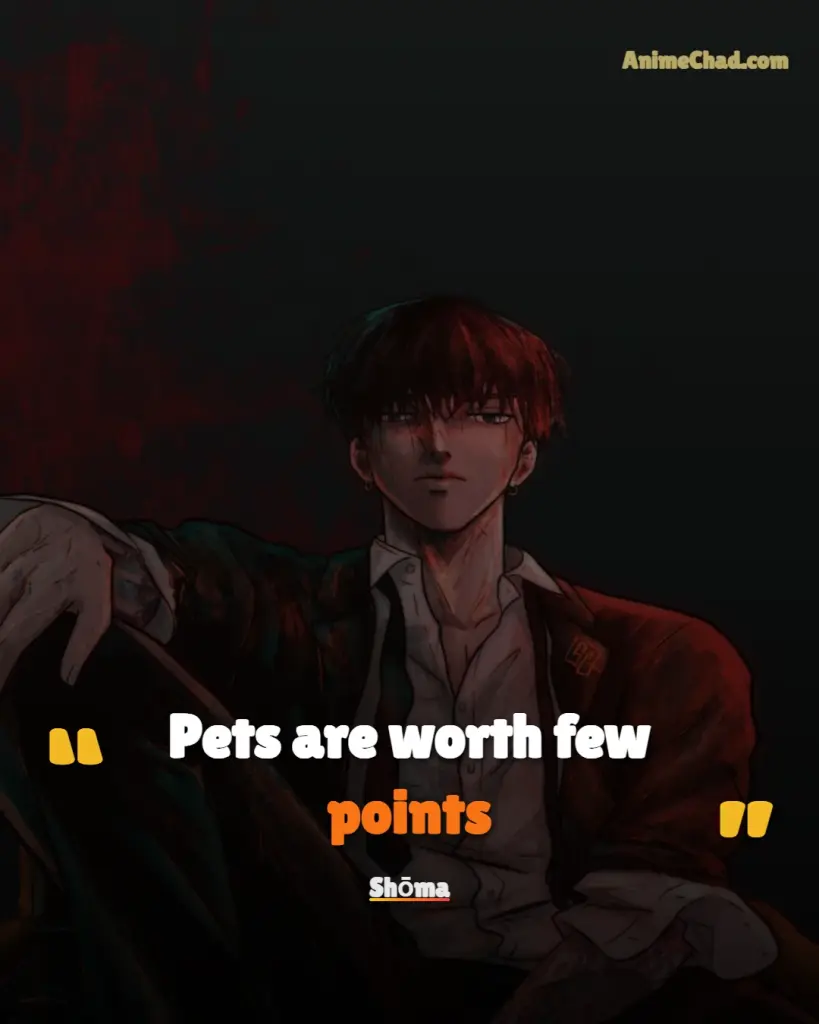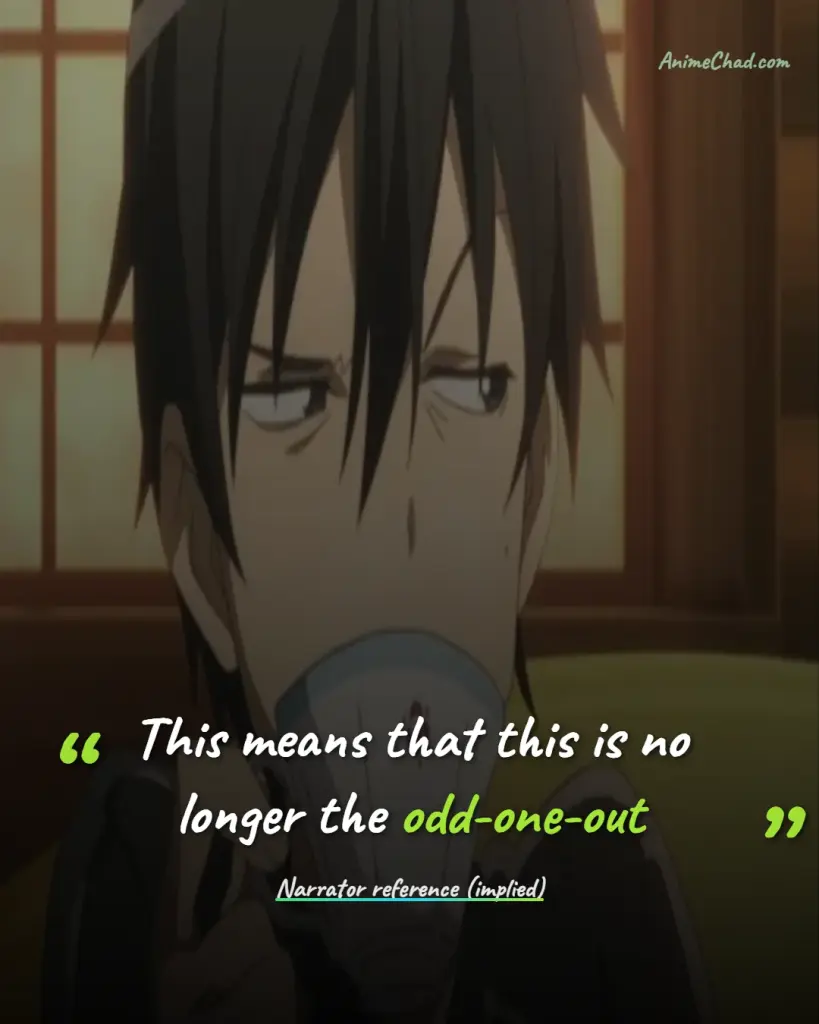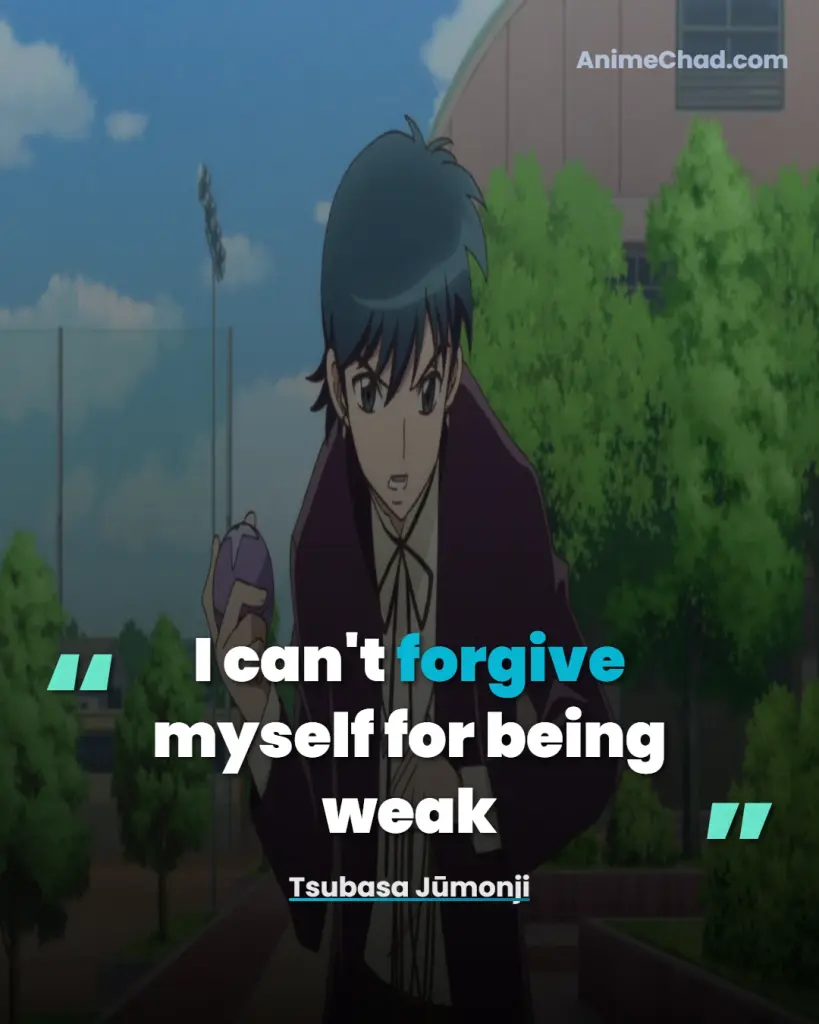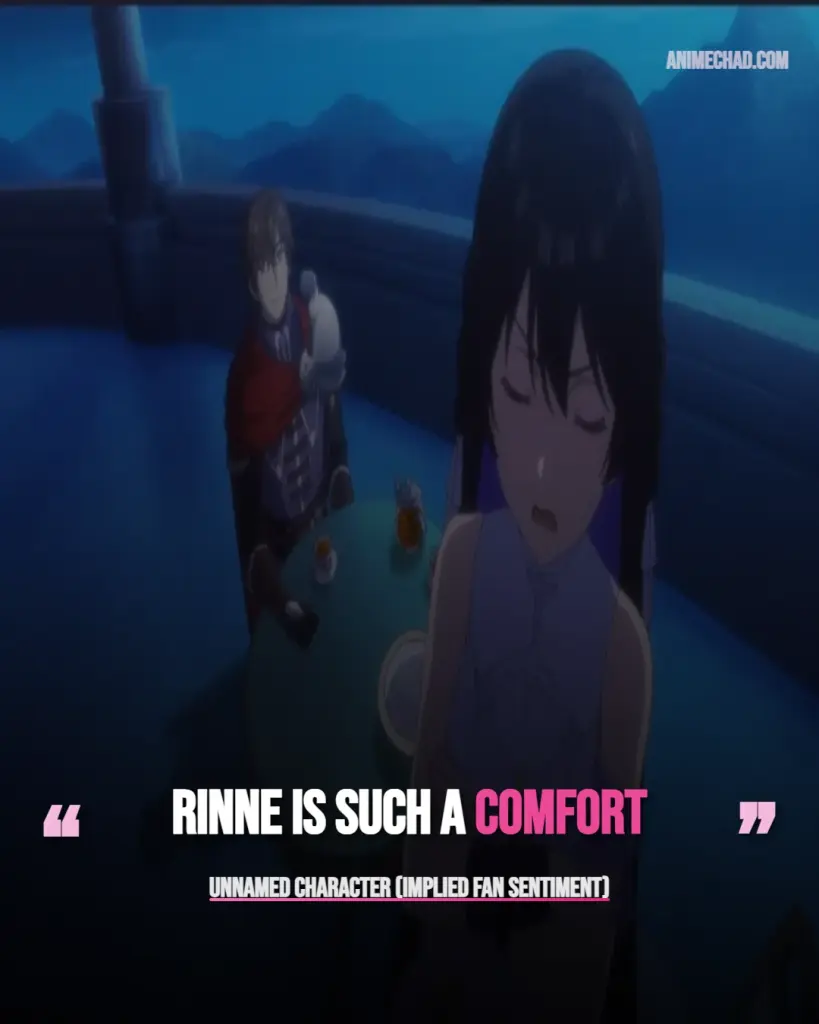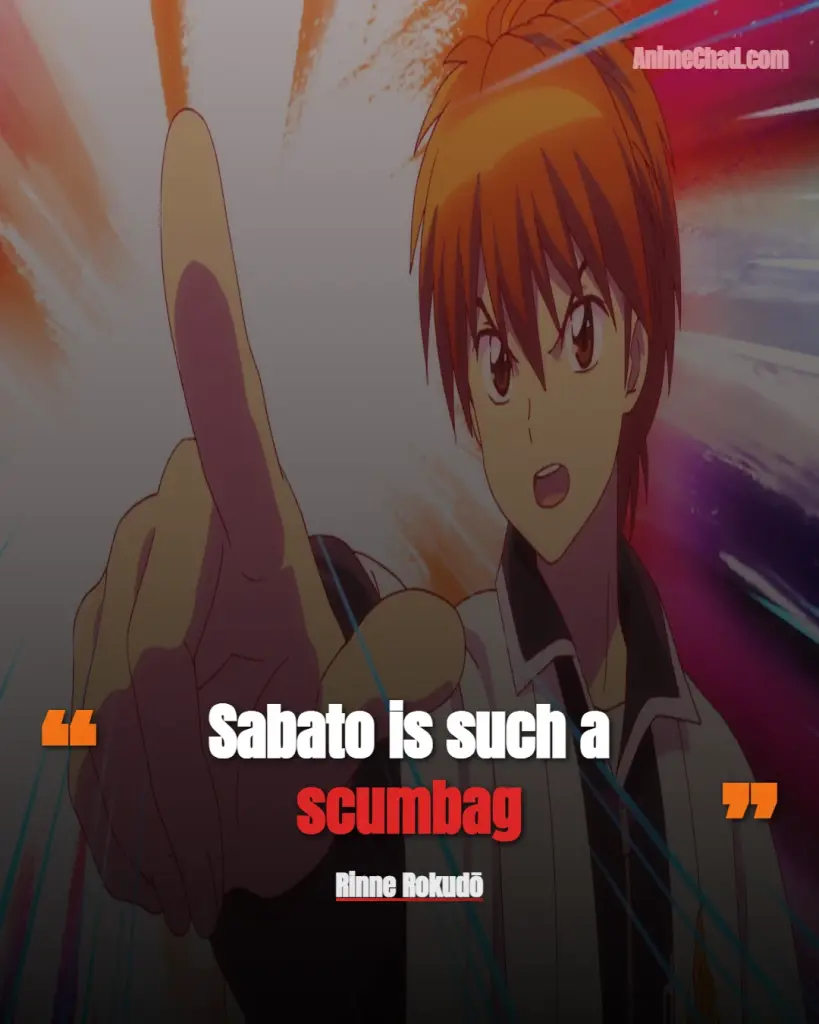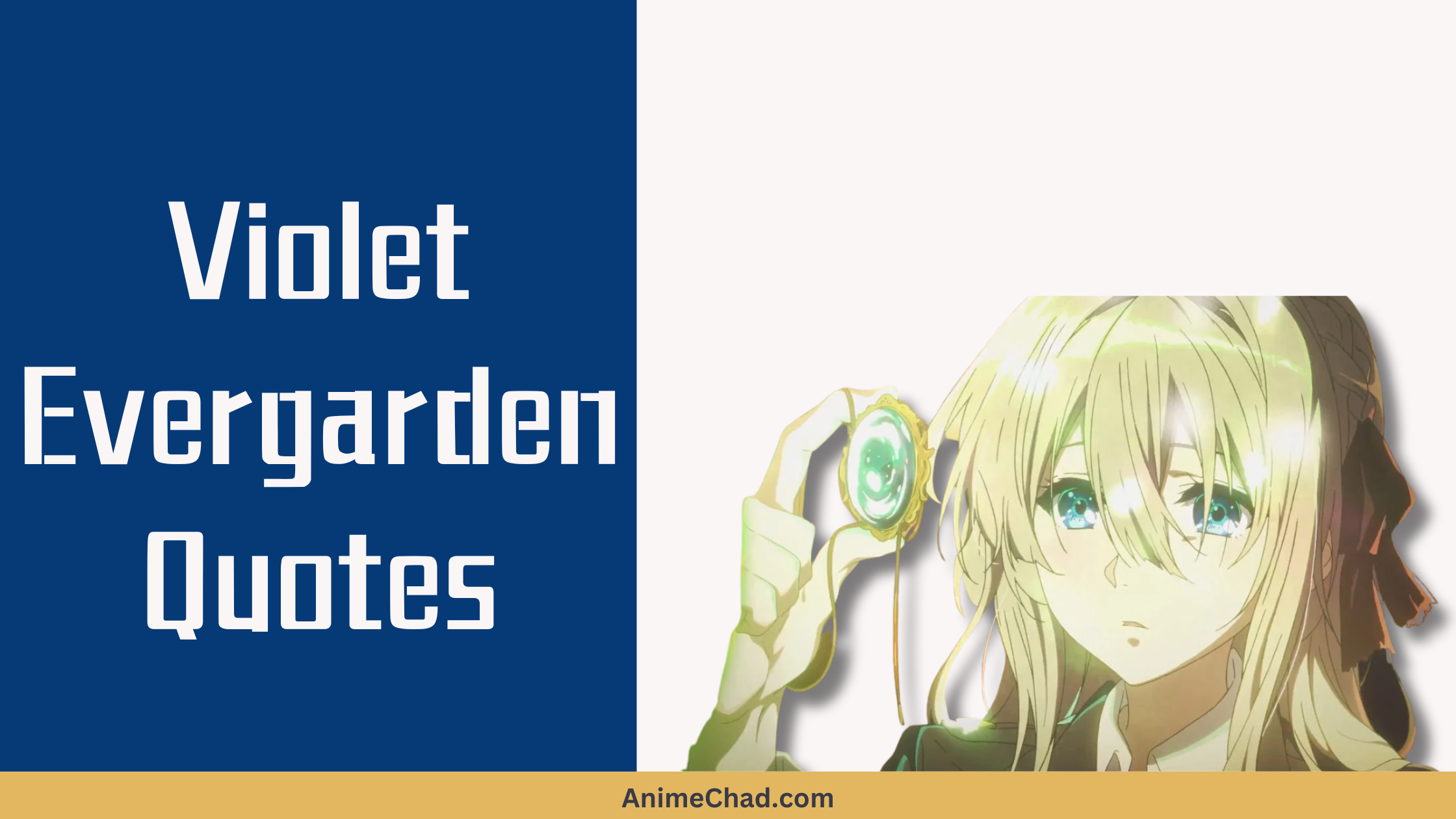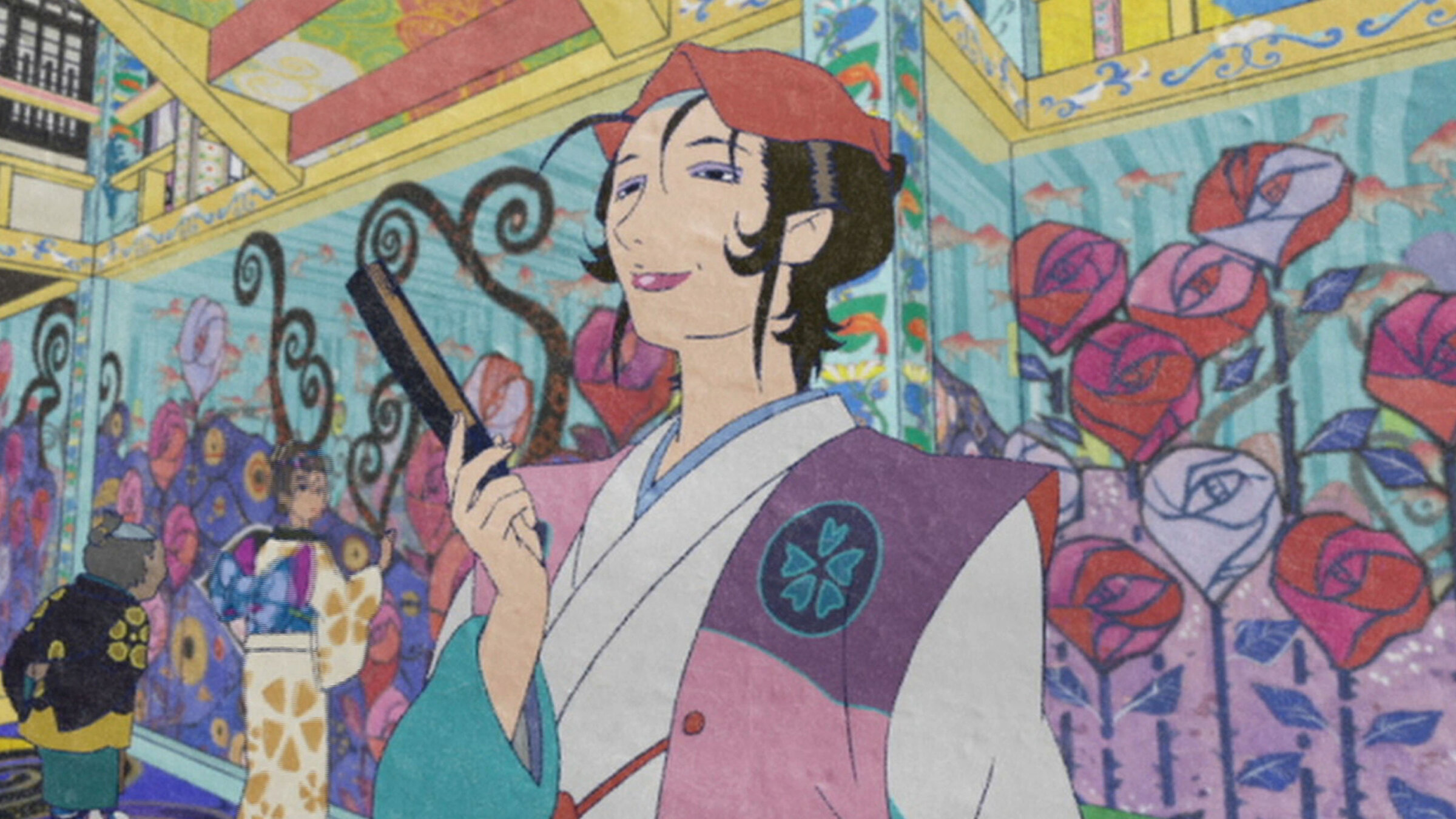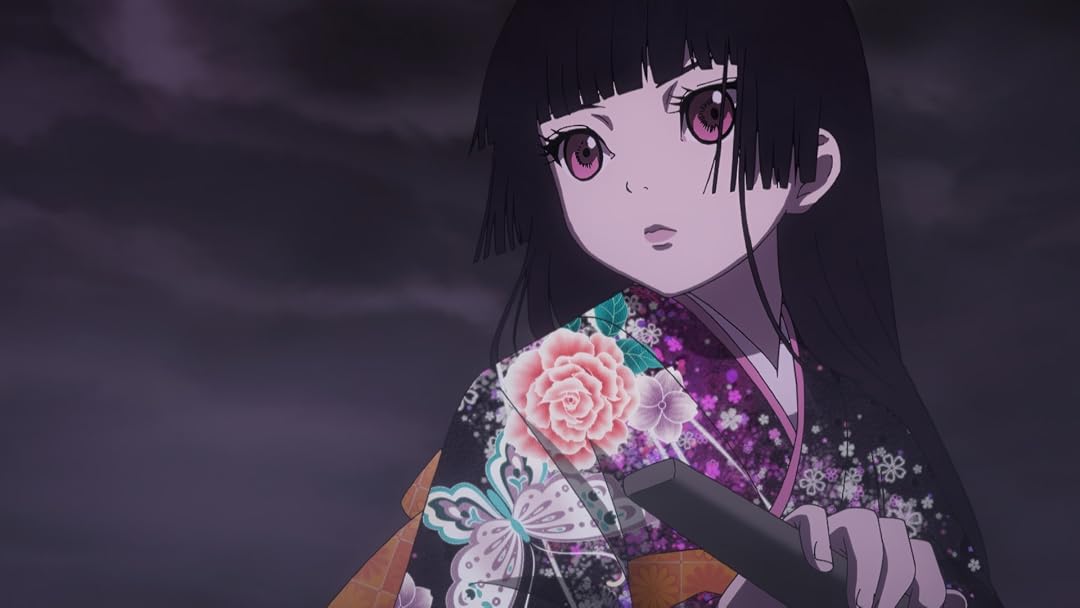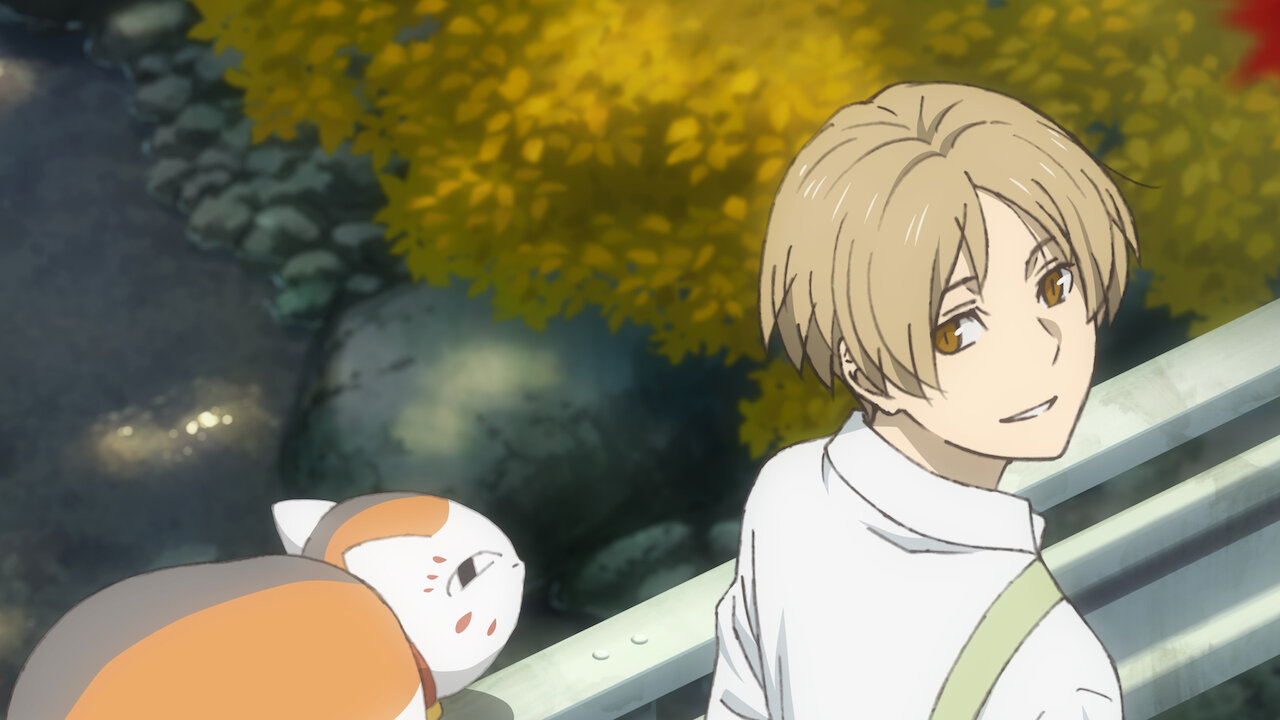Kyoukai no Rinne follows Rinne Rokudō, a poverty-stricken half-shinigami, half-human high schooler who aids lingering spirits in passing to the afterlife, often with help from his classmate Sakura Mamiya who gained the ability to see ghosts as a child. The series delves into themes of life and death, friendship, perseverance through hardship, and subtle romance amid supernatural comedy and chaos.
This curated collection of 25 canonical quotes showcases emotional depth, character growth, and connections to the show’s broader motifs, drawing from a mix of battle scenes, peaceful resolutions, and balanced story arcs across the manga and anime.
The way you handle yourself, she couldn’t come to you
(Chapter 65)
Rinne Rokudō
Highlights Rinne’s maturing empathy in advising Tsubasa, tying into themes of friendship and self-reflection during a tense rivalry arc.
Quite a misunderstanding, it’s friendship
(Chapter unknown, manga reference)
Matsugo
Emphasizes comedic denial of romance, revealing Matsugo’s character denial and emotional vulnerability in a peaceful school moment.
Pets are worth few points
(Chapter 69)
Shōma
Reflects ruthless ambition in a battle arc, showing Shōma’s development from arrogance to understanding consequences of greed.
Mommy’s already dead!!
(Chapter 31)
Sabato Rokudō
Emotional outburst reveals Sabato’s manipulative side, connecting to family betrayal themes in an early confrontation arc.
I got here through some kind of phantom route
(Chapter 1)
Sakura Mamiya
Introduces Sakura’s ghost-seeing ability with calm curiosity, marking her growth from confusion to confident ally in the origin arc.
You can become one after training?
(Chapter 2)
Sakura Mamiya
Shows Sakura’s initial surprise at the supernatural world, highlighting her adaptive development in a peaceful explanatory moment.
He’s a kind Shinigami
(Chapter 24)
Sakura Mamiya
Expresses Sakura’s growing affection for Rinne, adding emotional warmth to themes of kindness amid a mid-series friendship arc.
Master Rinne is really a tragic person
(Chapter 7)
Rokumon
Reveals Rokumon’s loyalty and pity, underscoring Rinne’s poverty struggles in an early arc’s heartfelt, non-battle scene.
This is terrible
(Chapter 7)
Rokumon
Captures Rokumon’s comedic despair over Rinne’s hardships, tying into themes of perseverance during a quiet, reflective moment.
If I could give my flu to that idiot, I’d be happy
(Chapter unknown, manga reference)
Rokumon
Humorous frustration shows Rokumon’s bond with Rinne, adding light emotional weight in a peaceful recovery arc.
I’m not mean, I just don’t care
(Anime Episode 1)
Sakura Mamiya
Defines Sakura’s deadpan personality, illustrating her emotional detachment evolving into care in the introductory arc.
Quite a misunderstanding, it’s friendship
(Anime Episode 10)
Matsugo
Reiterates denial with comedic impact, developing Matsugo’s character denial in a school-based peaceful interaction.
Earning points from small fry is not efficient
(Chapter 69)
Shōma
Battle-oriented quote reveals Shōma’s efficiency mindset, connecting to ambition themes and his arc’s confrontational growth.
I love being in battle
(Chapter unknown, manga reference)
Rinne Rokudō
Expresses Rinne’s thrill in fights, showing his shinigami heritage and development in a high-stakes battle arc.
Falling in love isn’t something to be ashamed of
(Anime Episode 15)
Ageha
Emotional lesson on vulnerability, highlighting Ageha’s romantic growth in a mixed battle-romance arc.
Master Rinne has tendencies like his father
(Anime Episode 15)
Rokumon
Points to inherited flaws, adding depth to Rinne’s family struggles in a tense, non-battle revelation moment.
The punchline is because it’s a stroll doll
(Anime Episode 32)
Rokumon
Comedic wordplay in a peaceful arc, showcasing Rokumon’s wit and lightening emotional themes of misunderstanding.
I don’t have money for that
(Chapter 11)
Rinne Rokudō
Iconic poverty lament, emphasizing Rinne’s perseverance and growth through hardship in an early financial crisis arc.
What’s wrong, Sakura? Hurry up and eat
(Chapter unknown, manga reference)
Sakura’s Mother
Casual concern adds familial warmth, contrasting supernatural themes in a quiet home scene.
Pets are worth few points
(Chapter 69, repeated for arc balance)
Shōma
Reinforces efficiency in battle, showing character consistency and thematic greed in a later confrontation.
This means that this is no longer the odd-one-out
(Chapter 27)
Narrator reference (implied)
Meta reflection on series tropes, connecting to evolving themes of romance in a peaceful art club arc.
I can’t forgive myself for being weak
(Anime Episode 17)
Tsubasa Jūmonji
Emotional self-doubt during curse arc, highlighting Tsubasa’s development from rivalry to self-improvement.
Rinne is such a comfort
(General series reference)
Unnamed character (implied fan sentiment)
Captures emotional solace theme, tying into peaceful moments of character bonding across arcs.
Sabato is such a scumbag
(Anime Episode 1)
Rinne Rokudō
Bitter family critique, revealing Rinne’s resentment and growth in an early betrayal arc’s emotional peak.
Let’s be flexible enough to call a safe ride
(Anime Episode 37)
Unnamed (contextual)
Humorous safety nod in a light arc, showing character caution and thematic balance of fun and responsibility.
